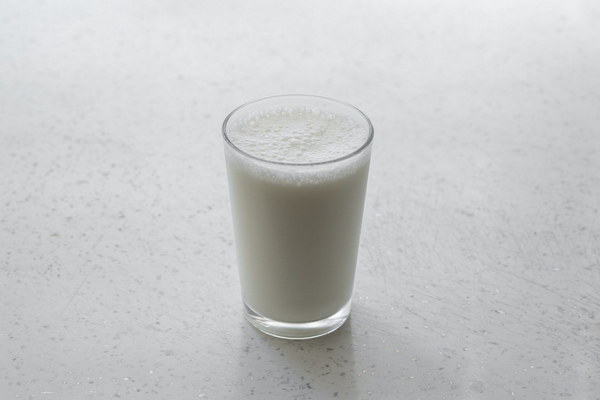Can Running Really Cleanse Your Lungs
Can Running Really Cleanse Your Lungs?
Running has long been hailed as one of the most effective forms of exercise, offering a plethora of health benefits from improved cardiovascular fitness to mental well-being. But can it also serve as a natural cleanser for your lungs? This article delves into the scientific evidence and personal experiences to explore whether running can indeed help in purifying the respiratory system.
The Science Behind Lung Cleansing
The lungs are crucial organs responsible for the exchange of oxygen and carbon dioxide in the body. Over time, pollutants and irritants can accumulate in the lungs, leading to respiratory issues. The idea that running can act as a lung cleanser is rooted in a few key physiological processes:
1. Increased Respiration: During a run, your breathing rate increases significantly. This heightened respiration helps to expel more carbon dioxide from the body and brings in fresh oxygen. The increased airflow can help to clear out mucus and trapped particles from the lungs.
2. Enhanced Lung Capacity: Regular running has been shown to improve lung capacity and efficiency. As you become more fit, your lungs can handle higher volumes of air with each breath, which aids in the removal of pollutants.
3. Improved Immune Response: Exercise, including running, has been linked to a stronger immune system. A robust immune response can help to prevent respiratory infections and reduce the severity of symptoms if they do occur.
Personal Experiences
While the scientific evidence supports the potential benefits of running for lung health, personal experiences can also be insightful. Many runners report feeling a sense of relief and improved breathing after a run, suggesting that there may be a subjective benefit to lung cleansing.
Sarah, a long-distance runner, shares her experience: Running has always made me feel more alive, but I've noticed a significant difference in my breathing since I started running regularly. I used to suffer from occasional asthma attacks, but those have become much less frequent. I believe running helps to keep my lungs clear and my respiratory system strong.
Potential Risks and Considerations
While running can offer lung health benefits, it's important to consider the potential risks and how they might affect individuals with pre-existing respiratory conditions.
1. Exacerbation of Symptoms: For those with asthma or other respiratory conditions, intense exercise like running can trigger symptoms. It's crucial to warm up properly and listen to your body to avoid exacerbating symptoms.
2. Air Quality: The benefits of running can be negated if you're running in an area with poor air quality. Polluted air can introduce more harmful substances into your lungs, counteracting the positive effects of exercise.
3. Recovery Time: Overtraining can lead to fatigue and weakened respiratory function. It's important to balance running with rest days and allow your body time to recover.
Conclusion

In conclusion, while there is no definitive scientific consensus that running can cleanse the lungs in the traditional sense, there is substantial evidence to suggest that regular running can improve respiratory health. The increased respiration, enhanced lung capacity, and improved immune response are all factors that contribute to better lung function.
For individuals looking to improve their lung health, running can be a valuable addition to a comprehensive exercise regimen. However, it's important to consider personal health conditions, air quality, and the overall balance of rest and exercise to maximize the benefits of running while minimizing potential risks. Whether or not you experience a subjective sense of lung cleansing, the physical and mental benefits of running are well-documented and worth pursuing for a healthier lifestyle.









